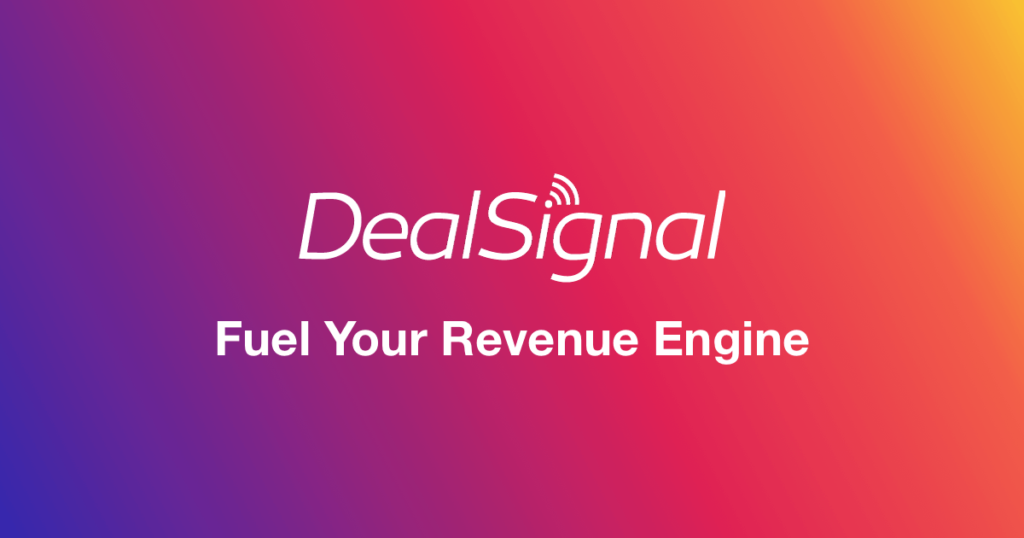A Marketing Automation Platform is a software solution that facilitates the automation, management, and execution of various marketing tasks and processes. It provides marketers with tools to streamline and optimize repetitive marketing activities, enhance customer engagement, and deliver personalized experiences across multiple channels. Marketing automation platforms enable businesses to create, schedule, and track campaigns, automate workflows, segment audiences, and analyze performance metrics, ultimately leading to more effective and efficient marketing efforts.
Marketing automation platforms are crucial for businesses looking to enhance their marketing efficiency and effectiveness. By automating routine tasks, these platforms allow marketing teams to focus on strategic planning and creative efforts. They also ensure consistent and personalized communication with customers, which is vital for building strong relationships and improving conversion rates.
Key Features of Marketing Automation Platforms:
- Campaign Management: Create, schedule, and manage multi-channel marketing campaigns from a single interface.
- Email Marketing: Automate email campaigns, manage subscriber lists, and personalize email content based on user behavior and preferences.
- Lead Nurturing: Develop automated workflows to nurture leads through the sales funnel, providing timely and relevant content to guide them toward conversion.
- Audience Segmentation: Segment audiences based on demographics, behavior, and other criteria to deliver targeted and personalized messages.
- Customer Journey Mapping: Visualize and automate the customer journey across various touchpoints to ensure a cohesive and engaging experience.
- Analytics and Reporting: Track and analyze the performance of marketing campaigns, measure key metrics, and generate reports to inform decision-making.
- Social Media Management: Schedule and automate social media posts, monitor engagement, and analyze social media performance.
- Landing Pages and Forms: Create and optimize landing pages and forms to capture lead information and drive conversions.
- CRM Integration: Integrate with Customer Relationship Management (CRM) systems to synchronize data and enhance lead management and nurturing.
Benefits of Using a Marketing Automation Platform:
- Increased Efficiency: Automate repetitive tasks, allowing marketing teams to focus on higher-value activities.
- Enhanced Personalization: Deliver personalized content and experiences based on user behavior and preferences.
- Improved Lead Nurturing: Develop sophisticated lead nurturing workflows to move prospects through the sales funnel effectively.
- Better ROI: Optimize marketing efforts and resources to achieve higher conversion rates and return on investment.
- Data-Driven Decisions: Use analytics and reporting to make informed decisions and continuously improve marketing strategies.
- Consistency: Ensure consistent messaging and branding across all marketing channels.
- Scalability: Easily scale marketing efforts as the business grows without a proportional increase in workload.
- Enhanced Customer Experience: Provide a seamless and engaging customer journey across multiple touchpoints.
A marketing automation platform is a powerful tool that empowers businesses to automate and optimize marketing efforts, improve customer engagement, and achieve better results. By utilizing the features of a marketing automation platform, organizations can create personalized experiences, nurture leads, and streamline workflows to enhance efficiency, increase conversions, and build stronger connections with their target audience. Implementing a marketing automation platform requires careful planning and ongoing management, but the benefits of increased efficiency, improved ROI, and enhanced customer engagement make it a valuable investment for modern marketing teams.
« Back to Glossary Index



